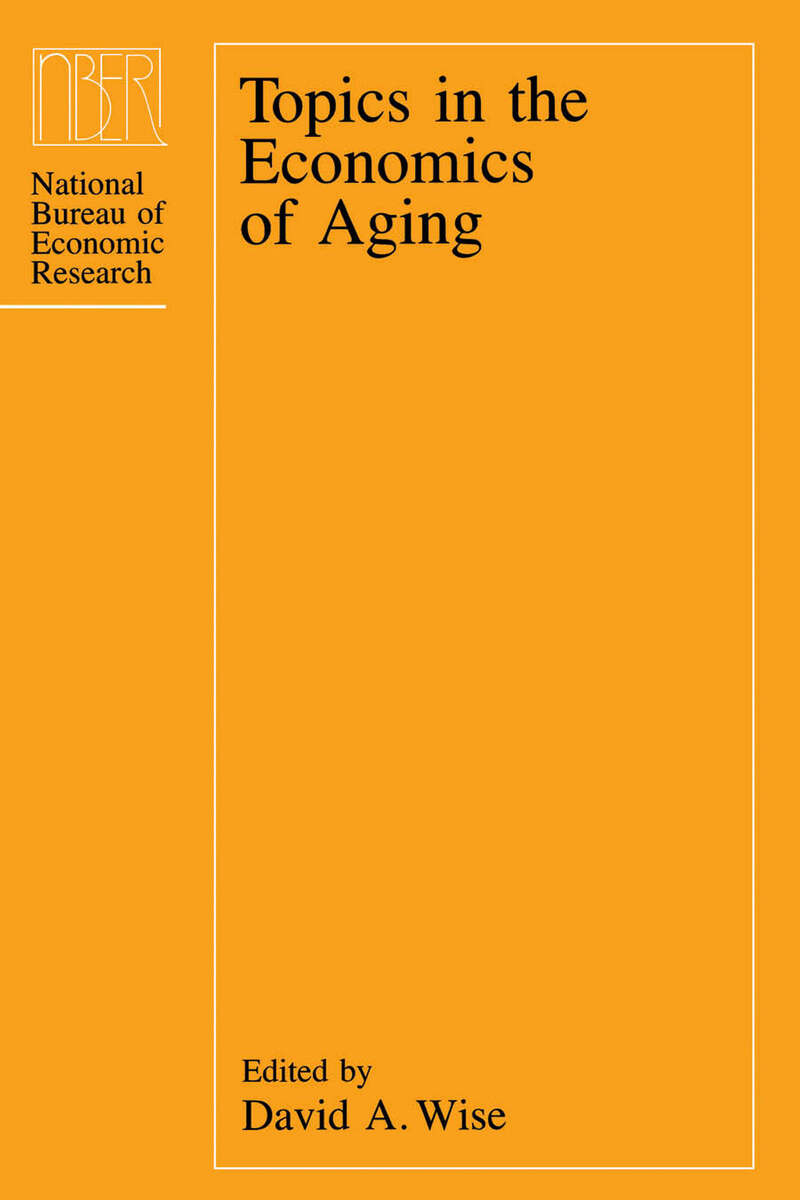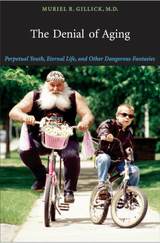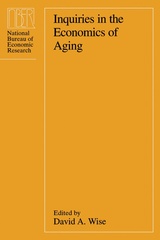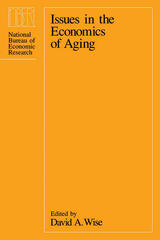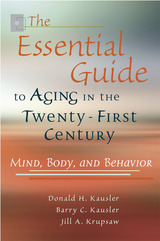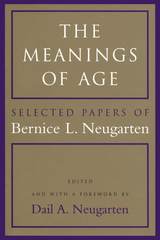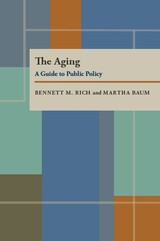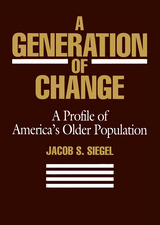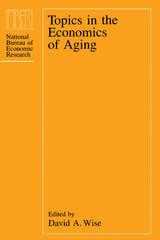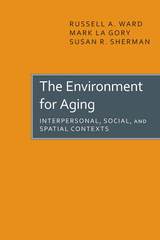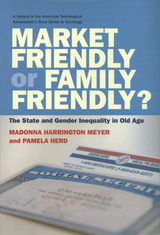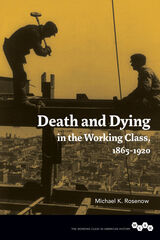Topics in the Economics of Aging
University of Chicago Press, 1992
eISBN: 978-0-226-90334-7 | Cloth: 978-0-226-90298-2
Library of Congress Classification HQ1064.U5T59 1992
Dewey Decimal Classification 305.260973
eISBN: 978-0-226-90334-7 | Cloth: 978-0-226-90298-2
Library of Congress Classification HQ1064.U5T59 1992
Dewey Decimal Classification 305.260973
ABOUT THIS BOOK | AUTHOR BIOGRAPHY | TOC | REQUEST ACCESSIBLE FILE
ABOUT THIS BOOK
The original essays and commentary in this volume—the third in a series reporting the results of the NBER Economics of Aging Program—address issues that are of particular importance to the well-being of individuals as they age and to a society at large that is composed increasingly of older persons. The contributors examine social security reform, including an analysis of the Japanese system; present the startling finding that the vast majority of people choose the wrong accumulation strategies for their pension plans; explore the continuing consequences of the decline in support of parents by children in the postwar period; investigate the relation between nursing home stays and the source of payment for the care; and offer initial findings on the implications of differences between developed and developing countries for understanding aging issues and determining appropriate directions for research.
See other books on: Aging | Gerontology | Older people | Retirement | Wise, David A.
See other titles from University of Chicago Press
